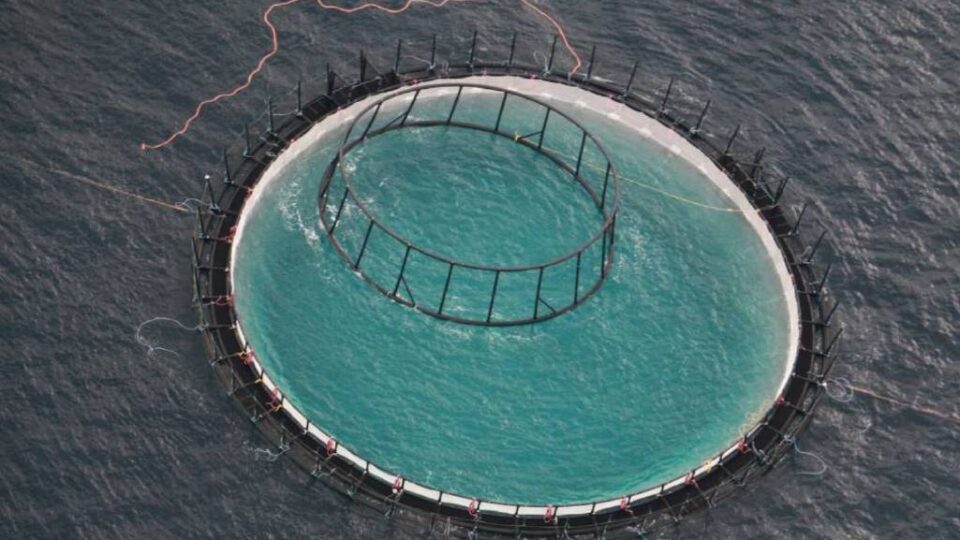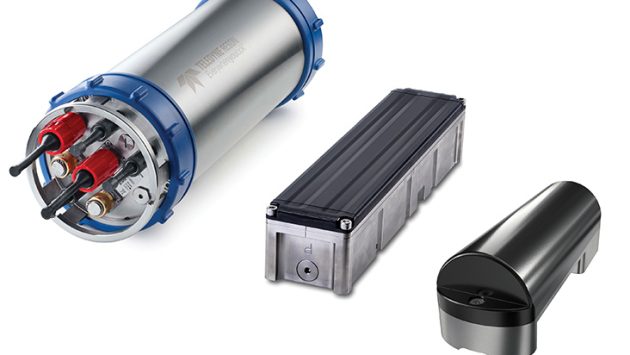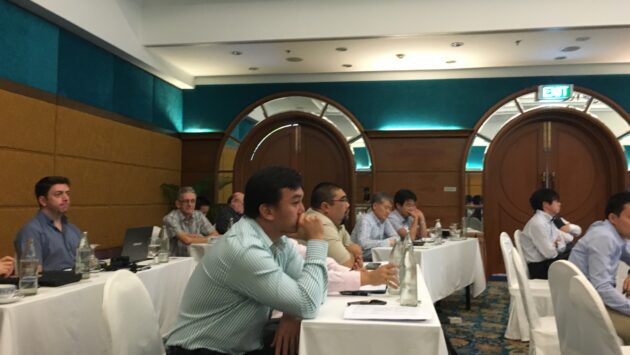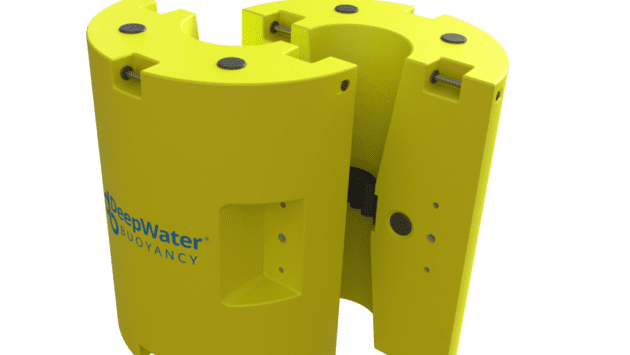Biofouling Blamed for Fish Farm Failure
Announcements, Aquaculture
by ezyweb
Biofouling Blamed for Fish Farm Failure
Biofouling has again been recognised as one cause for failure of a fish farm at Port Stephens, NSW.
Nets on pens had not been cleaned since they were installed, leading to a large buildup of barnacles and weed causing structural problems in heavy seas.
“The condition of the pens in terms of excessive biofouling on both predator and inner nets would have contributed significantly to the weight of the overall fortress pen,” the interim report reads. ClearSignal® is a clear non-toxic rubber-like coating that resists biofouling as a result of the non-stick properties of the coating itself. ClearSignal® utilizes advanced material technologies to achieve its properties and performance. The product is permanent coating that is designed to last the life of the platform or instrument it is protecting. Unlike anti-fouling systems that rely on active biocides and whose effectiveness degrades with time, ClearSignal remains 100% effective for the intended life of the instrument. ClearSignal is optically clear – compatible with optical transducers, instruments housings retain all instruments markings and identification features.
Read more: Clear Signal Biofouling Coating
Read more: Port Stephens Fish Farm Failure
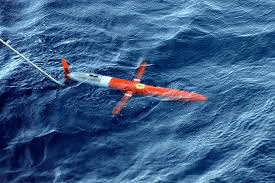 |
| The ClearSignal biofouling control system has over 2 million operations hours. ClearSignal continues to lead the industry in biofouling control for oceanographic instruments and platforms. |
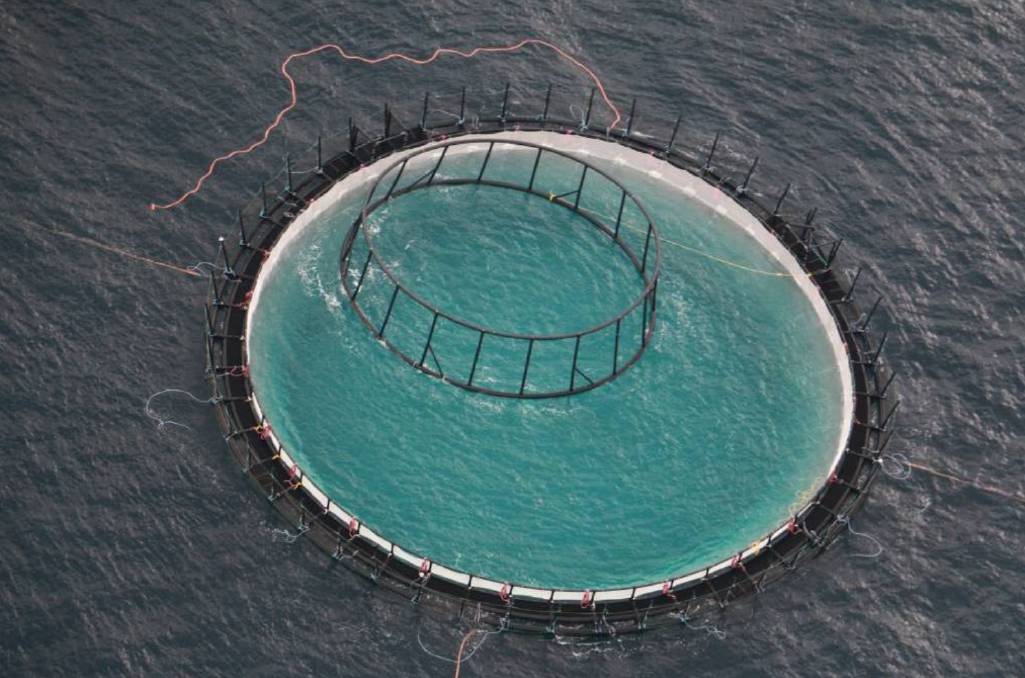 |
| One of five fish-farm pens off Port Stephens as part of a five-year research trial to harvest yellowtail kingfish. |
Tags: Aquaculture

